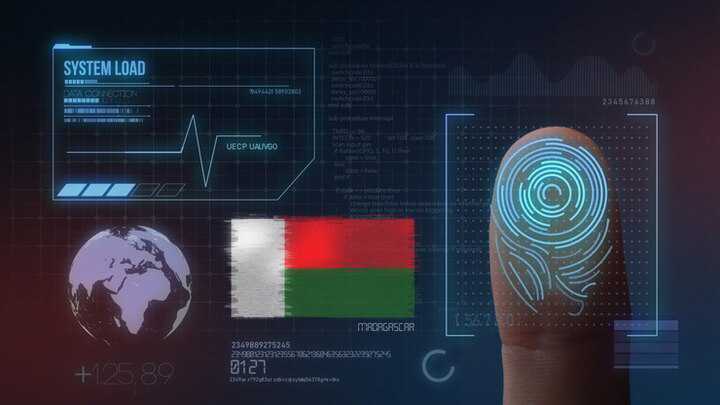A Glimpse Of Jordan's Digitization Efforts So Far

Jordan is one of the smallest countries in the Middle East yet making significant strides towards becoming a digitized country. Even though there is little report about the nation’s tech ecosystem, the Information Communications and Technology (ICT) sector in Jordan is among the fastest growing sectors in the economy, making 3.8 per cent of gross GDP with total annual revenue exceeding USD 2.3 billion.
Digital Transformation Strategy
Jordan’s Digital Transformation Strategy 2021 – 2025 provides a strategic framework for the digital development of Jordan for the next five years. The strategy will promote further digital transformation and the growth of the digital economy by relying on procedures and capabilities. This will create an advanced digital infrastructure based on including technology and raising the standard of government services. With this goal in mind, the country has leveraged information technology in many of its public spheres.
E-Government
The Jordanian government has prioritized the digitization of public services through various e-government initiatives. These initiatives aim to provide efficient and convenient online services to citizens. The services include online tax filing, e-visa applications, online business registration, and digital healthcare services. The digitization of government services enhances transparency, reduces bureaucracy, and improves citizen-government interactions. The country has also embraced the concept of smart cities, incorporating technology and data-driven solutions to improve urban living. Initiatives include smart transportation systems, smart energy grids, intelligent waste management, and digital citizen services. These efforts enhance the efficiency of public services, optimize resource management, and improve the quality of life for residents.
Connectivity & Infrastructure
In terms of digital connectivity, Jordan has a high mobile penetration rate of 67 per cent as of 2022. A significant portion of the population also uses smartphones and has access to the internet. At the beginning of 2023, the country’s internet penetration rate was 88.0 per cent of the total population. The availability of affordable mobile devices and data plans has contributed to increased digital connectivity and accessibility to digital services. Further stating the country has invested in digital skills development programs to equip its citizens with the necessary knowledge and skills for the digital era. Initiatives such as coding boot camps, IT training programs, and digital literacy campaigns have aimed to enhance the digital skills of the population, ensuring they can fully participate in the digital economy. In addition, Jordan has developed a robust information and communication technology (ICT) infrastructure, including a well-established telecommunications network and widespread access to the Internet. The country has invested in expanding its broadband connectivity, enabling citizens to access digital services and participate in the digital economy.
Entrepreneurial Ecosystem
Jordan has fostered a vibrant entrepreneurial ecosystem, with a focus on technology and innovation. The country has seen the emergence of numerous technology startups and incubators, supported by government programs and initiatives. These startups contribute to the digitization of various sectors, including e-commerce, fintech, healthtech, and education technology. The country has established digital innovation hubs, such as the King Hussein Business Park and the Jordan Innovation Labs, which provide a collaborative environment for startups, entrepreneurs, and researchers. These hubs foster innovation, encourage knowledge-sharing, and promote the development of cutting-edge technologies.
Cybersecurity
Recognizing the importance of cybersecurity and data protection in the digital age, Jordan has implemented measures to ensure a secure digital environment. The country ranks 71st out of 193 countries in the Global Cybersecurity Index (GCI) and has established cybersecurity frameworks, laws, and regulations to protect critical infrastructure, personal data, and online transactions. A National Cybersecurity Council and a National Center for Cybersecurity have been established as part of the Cybersecurity Law, which was enacted in 2019 and serves as a blueprint for the nation’s cyber-defence capabilities.
Overall, Jordan’s commitment to digitization, coupled with its supportive infrastructure, e-government initiatives, entrepreneurial ecosystem, and digital skills development programs, has positioned the country as a digitized nation. These efforts have not only enhanced the efficiency and convenience of public services but have also contributed to economic growth and improved the quality of life for its citizens.
